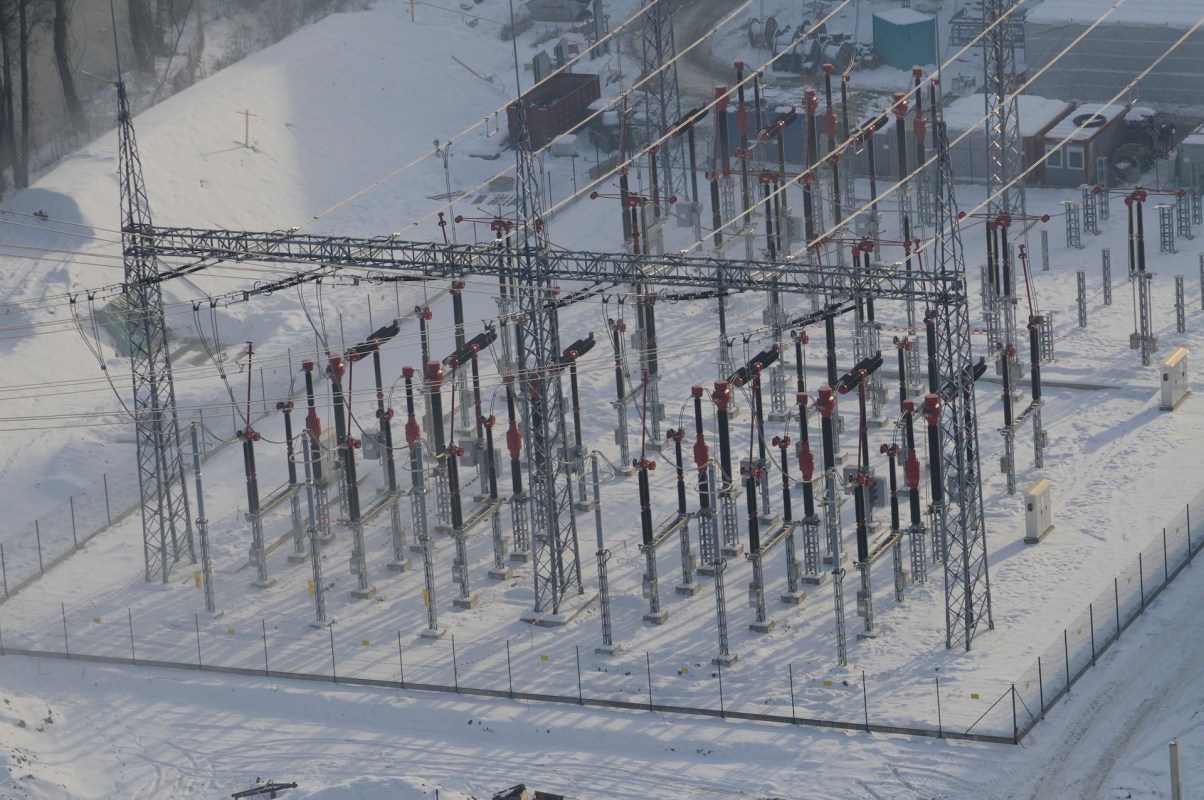We know how lousy power blackouts are during the summer, but what about a power blackout when it's bitterly cold? That could become the norm.
What's happening?
Electric grids around the U.S. are being taxed more frequently during the coldest days of winter. The North American Electric Reliability Corporation recently reported that by 2033, the growth in electricity demand during the winter may exceed the demand during the summer.
There are several factors in play.
Businesses have recently created many large data centers that are electricity hogs. For instance, Amazon's data centers in Virginia used more energy than Seattle's entire power grid in 2022.
More heat pumps are in service, and their energy demand has also increased. Heat pumps have to work harder when temperatures fall below 30 degrees. Still, heat pumps are significantly more efficient than dirty-energy-powered heating systems in extreme cold temperatures, according to a recent Oxford University study.
Power lines and electric equipment nationwide are aging. In 2021, nearly 250 people died in Texas when the state's power grid failed during a winter storm because vital equipment to supply electricity malfunctioned or froze over.
"It's pretty clear we're entering a period where we don't know what's going to happen next," said Robert McCullough of McCullough Research. "Electrification is clearly going to change it and make it worse."
Why is this trend concerning?
Remember the polar vortex? It's the mass of frigid air that surrounds the upper atmosphere of the North Pole. When the jet stream dips south, that cold Arctic air follows behind.
A recent study from Science suggests our warming planet is increasing the chances of the jet stream dipping farther and more often, allowing for more extreme cold air events. This aligns with the current science that human-induced planet-warming acts like a supercharger to isolated, extreme weather events.
What's being done about it?
States nationwide are enacting measures to allow for more clean, renewable energy sources for cars and trucks. New York recently announced that Uber and Lyft vehicles must be electric by 2030, and California plans to ban the sale of new gas cars by 2035.
One of the best ways to make an impact is to get more involved in climate issues. A great place to start is by educating yourself on lawmakers who share your climate beliefs and have a history of implementing change.
Join our free newsletter for cool news and cool tips that make it easy to help yourself while helping the planet.









